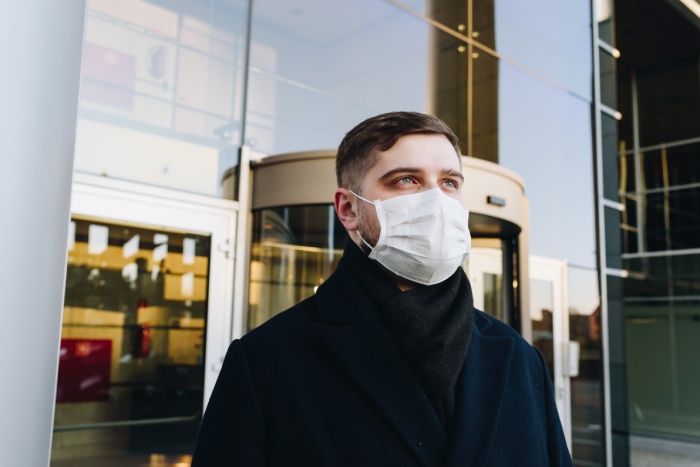PCR and Antigen Test

PCR and Antigen Testing Service (TAR) for COVID-19 in Barcelona, Girona and Palma
We put at your fingertips access to two tests for the detection of Covid. The PCR test, a reference in the detection of the RNA of the virus, and the currently called TAR, also known as Rapid Antigen Test.
At Centro Médico Aragón we offer the PCR and TAR (antigens) service, in collaboration and with the guarantee of Synlab laboratories. Our extensive experience in the health sector, together with the professionalism of Synlab, allow us to bring safety and prevention in this time of uncertainty.
We are committed to a service based on proximity, reliability and speed that will help you to find the answer to your doubts. You can access our PCR and Antigen Testing service in Barcelona, Girona and Palma.
Useful information on Sars-Cov-2 virus infection
Principles of COVID-19 Detection with RT-PCR Test
RT-PCR is based on the direct detection of the genetic material of the virus (viral RNA) and allows the identification of infected patients soon after infection is established.
What can a RT-PCR test detect?
The test is indicated to detect the presence of virus RNA in nasopharyngeal, respiratory and other samples from the early stages of infection.
RT-PCR is the recommended test for the follow-up of an infected patient and is essential for hospital discharge in case of admission.
How the test works
This is the latest generation test with CE-IVD certification.
RT-PCR is the test of choice and reference test for the diagnosis of COVID-19 infection. It is the most sensitive and specific test for detection even in the absence of disease symptoms.
Its sensitivity is practically 100%, although there may be a small rate of false negatives related, above all, to inadequate sample collection (nasopharyngeal swab), delayed transport or very low viral load stages.
RT-PCR test provides information on the presence or absence of the SARS-COV-2 virus.
What is our procedure?
We choose to offer an easy and safe process
The sample:
It is taken from a nasopharyngeal/oropharyngeal swab, sputum or other respiratory specimens. It should be noted that a nasopharyngeal sample has a higher viral load than an oropharyngeal sample.
The result:
The results are available 24/48h from the arrival of the samples at the laboratory.
Do not hesitate to contact us if you think you have symptoms or you want to have a screening test done.
What to do if symptoms appear
If we detect possible symptoms, it’s time to take action
Symptoms are varied, ranging from sore throat to headache, among many other factors. Whether it is because you are feeling unwell or have had contact with a positive virus, it is important that, faced with possible symptoms, you opt for a detection test that will allow you to find out for sure.
In our case, RT-PCR ensures you a reliable, effective result in a very short time.
If the result is negative:
A negative result indicates that you are not infectious, but you should still maintain the stipulated safety measures such as social distance or wearing a mask.
If the result is positive:
A positive RT-PCR result occurs during the first few days of infection after onset of symptoms. Contact the doctor and follow the instructions of the local health authorities.
This test can only be performed under a doctor’s prescription and requires interpretation of the results.
Useful information on SARS-COV-2
There are a number of clinical factors that we must consider for our safety and the safety of others.
The times are divided into 5 distinct stages. Incubation is usually 5 days after exposure to infection (with a range between 2 and 14 days). Symptoms usually appear up to 12 days after exposure, although the shortest range is 5 days, and there are also asymptomatic cases.
Infection, it should be noted, occurs before the onset of symptoms. The so-called seroconversion takes place between 3 and 10 days after the onset of symptoms (this includes the usual 10 days of isolation for positive). As for the diagnosis of infection, it usually takes place after the onset of symptoms and a screening test is performed.
Variables affecting the severity of the disease
The virus affects men more than women and tends to be more severe in older people. Special care should be taken with people who identify themselves as having cardiovascular diseases, cancer, respiratory diseases or diabetes, among others.
